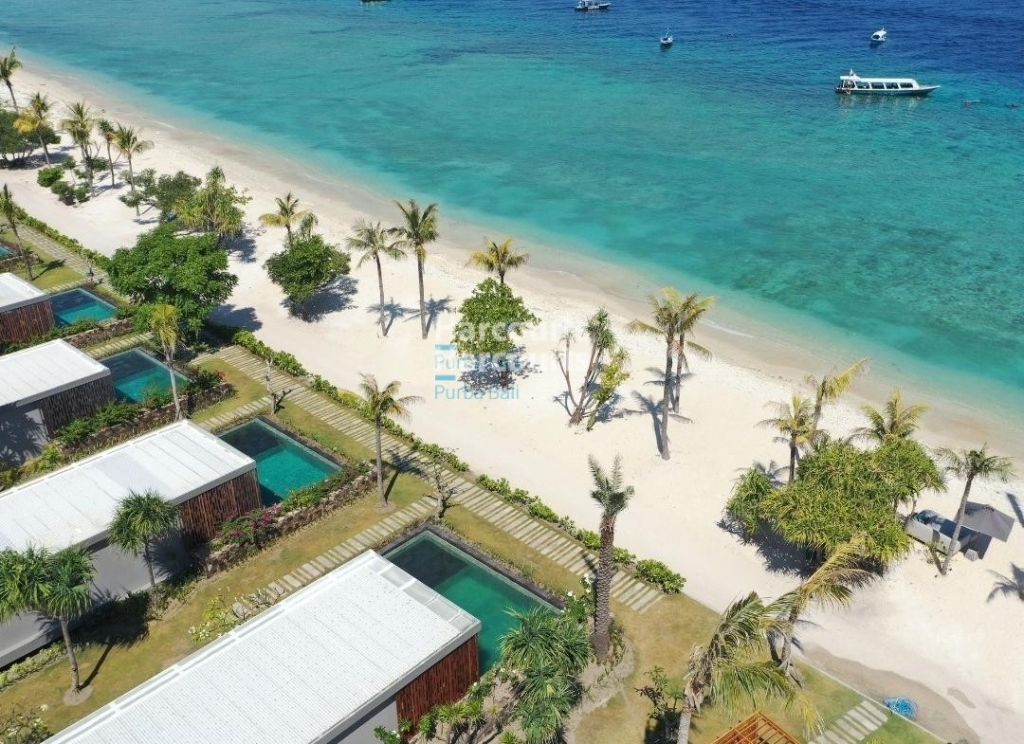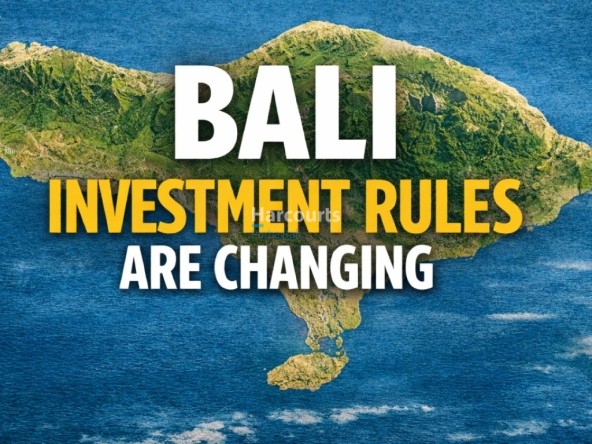Bali’s reputation as a world-class tourist destination is deeply intertwined with its thriving real estate market. The island’s popularity among international visitors has a direct impact on the demand for Bali property and shapes the Bali real estate market significantly. Understanding how fluctuations in Bali tourism trends affect property values is key for investors looking to make informed decisions about investing in real estate in Bali.
How Bali Tourism Drives the Real Estate Market
Tourism is the backbone of Bali’s economy, contributing to more than 60% of its GDP. The steady influx of visitors fuels demand for short-term accommodations, rental properties, and luxury villas, which in turn elevates property values. Popular Bali neighborhoods such as Seminyak, Canggu, and Ubud are prime examples of areas where high tourist numbers have translated into booming real estate markets.
Bali Tourism Statistics at a Glance
- In 2019, Bali welcomed 6.28 million international visitors, a record high before the pandemic hit.
- The COVID-19 pandemic caused arrivals to drop to just 51 international tourists in 2021.
- A strong recovery began in 2022, with 2.16 million international arrivals, climbing to 5.27 million in 2023, representing 84% of pre-pandemic levels.
These fluctuations highlight the critical link between tourism and property investment potential.
Tourism Recovery and Rising Property Values
Bali’s tourism rebound has spurred renewed interest in property in Bali, especially in high-demand areas. As visitor numbers increase, so does the demand for short-term rental properties, villas, and vacation homes. This trend has led to rising property values, particularly in regions like Seminyak and Canggu, which are favored by international tourists and expats.
Key Real Estate Trends Post-COVID
- Rental Demand Surge: The rise in remote workers and long-term tourists has driven demand for rental properties with modern amenities.
- Luxury Villas on the Rise: High-end properties with private pools and open-plan designs remain top choices for both buyers and renters.
- Focus on Sustainability: Properties designed with eco-friendly features are gaining popularity among investors keen on aligning with global trends.

Challenges and Opportunities in the Bali Real Estate Market
While Bali’s real estate market has shown resilience, certain challenges persist. For instance, global economic uncertainties and evolving travel regulations can influence tourism flows, which, in turn, impact property demand.
Investment Opportunities:
Despite these challenges, Bali remains a top destination for real estate investment. Investors can capitalize on:
- High Rental Yields: Properties in tourist hotspots like Uluwatu and Ubud can generate substantial rental income.
- Capital Appreciation: Areas such as Canggu and Sanur are experiencing consistent growth in property values.
- Emerging Areas: Lesser-known neighborhoods like Tabanan and Seseh offer untapped potential for long-term investors.
The Indonesian government has played a proactive role in supporting Bali’s tourism recovery and, by extension, its real estate market. Initiatives such as infrastructure development, tax incentives for foreign investors, and visa relaxations have made buying property in Bali more accessible.
- North Bali International Airport: Aiming to alleviate congestion at Ngurah Rai International Airport, this new facility in Buleleng Regency is projected to serve over 32 million passengers annually. Construction is expected to commence soon, with a single runway operational by 2027.
- Gilimanuk-Mengwi Toll Road: This 96-kilometer highway will connect western Bali to Badung Regency, reducing travel time and benefiting both tourism and logistics. The project aims to improve accessibility across the island.
- Turyapada Tower: Designed to enhance telecommunications in northern, eastern, and western Bali, this 115-meter tower will also serve as a high-rise tourism destination, offering panoramic views and supporting local businesses.
- Bali Urban Subway (MRT): The Bali Mass Rapid Transit system is under construction to ease traffic within the Denpasar metropolitan area. The first phase includes lines connecting Ngurah Rai International Airport to Cemagi and Nusa Dua, with operations expected to begin by 2031.
Navigating the Interplay Between Tourism and Real Estate
The link between Bali tourism trends and real estate values is undeniable. High tourist arrivals increase demand for rental properties and drive property prices upward, while tourism dips can lead to stagnation in certain areas. As Bali continues its tourism recovery, the opportunities for real estate investors are vast.
For those interested in buying property in Bali or exploring its dynamic real estate market, staying informed about tourism trends is essential. Whether it’s a beachfront villa in Seminyak or an eco-friendly property in Ubud, Bali offers a range of opportunities for investors ready to capitalize on its thriving tourism industry.






